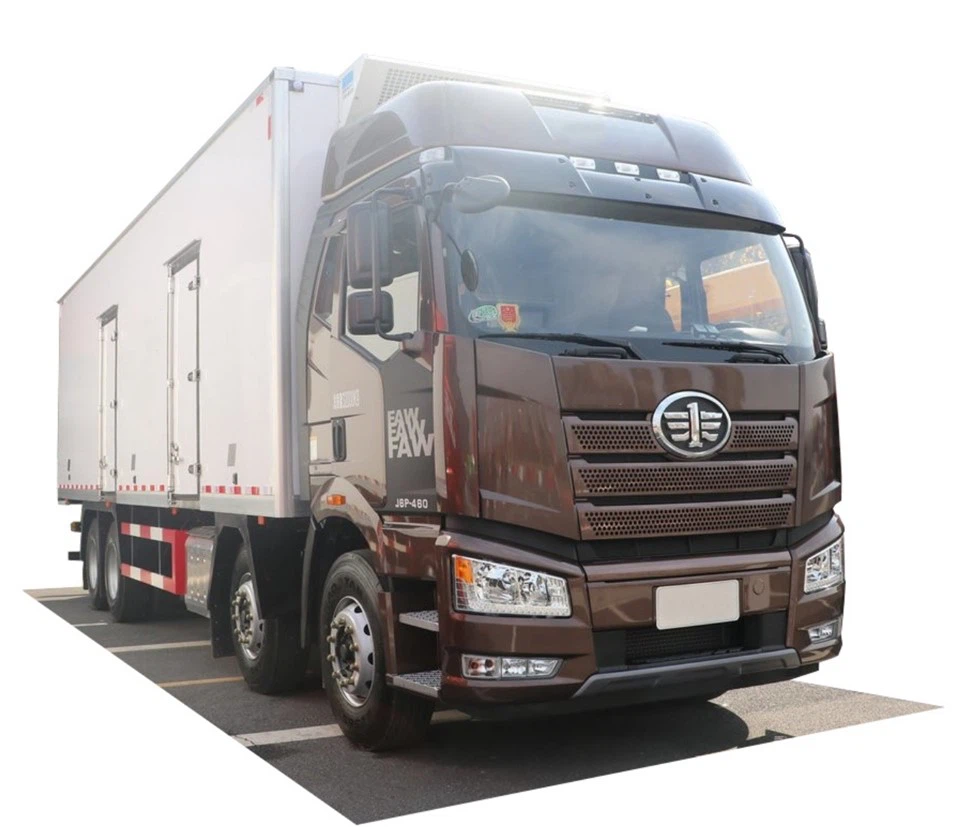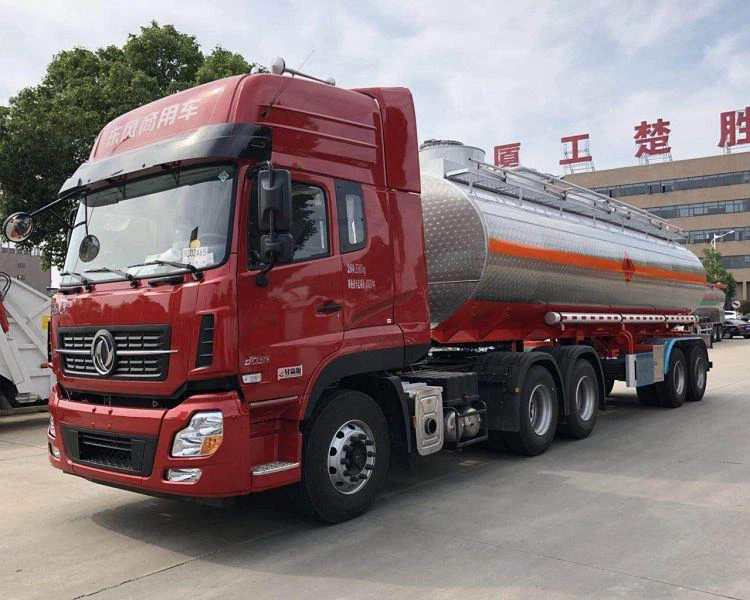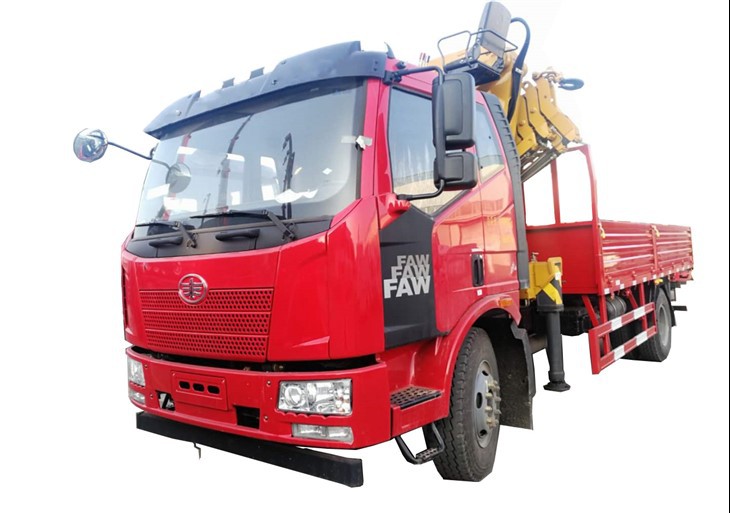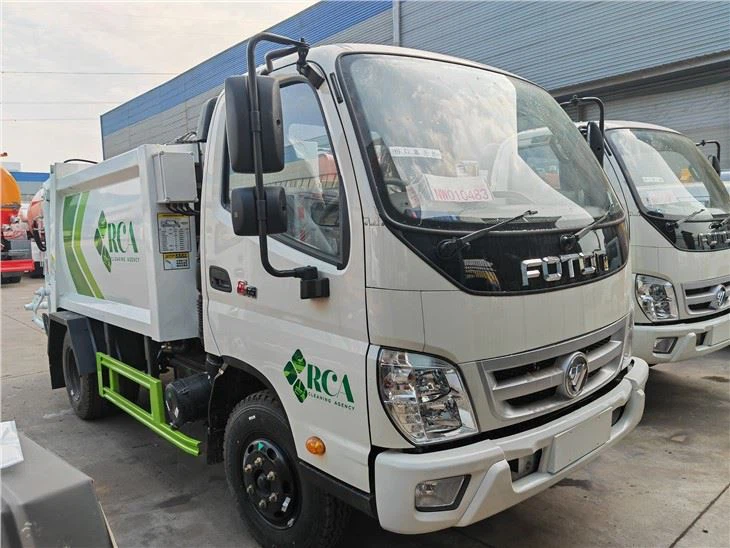If you’re in the market for a mini tanker, you’re not alone. Mini tankers are gaining popularity for their versatility and efficiency in transporting various liquids, including fuel, water, and chemicals. This guide will walk you through everything you need to know to find the perfect mini tanker for sale, from understanding their features and benefits to tips for purchasing one. We’ll explore various types of mini tankers and provide practical advice along the way.
Understanding Mini Tankers
Mini tankers are compact vehicles designed specifically for transporting liquids. Unlike traditional tankers, they are smaller in size, which makes them ideal for urban areas or places with limited access. They can vary greatly in design, capacity, and functionality. Here, we’ll look at the types of mini tankers and their main characteristics.
Types of Mini Tankers
Mini tankers come in several types based on their intended use. Here are the main types:
- Fuel Mini Tankers: Designed primarily for transporting diesel, petrol, and other fuels.
- Water Mini Tankers: Used for transporting potable water, irrigation water, and industrial water.
- Chemical Mini Tankers: Built to transport various chemicals safely and efficiently.
- Food-grade Mini Tankers: Specifically designed for transporting food-grade liquids.
Key Features of Mini Tankers
When searching for a mini tanker for sale, consider the following key features:
- Capacity: Mini tankers typically range from 1,000 to 5,000 liters. Choose one that fits your needs.
- Material: Most mini tankers are made from stainless steel or aluminum, offering durability and resistance to corrosion.
- Safety Features: Check for safety valves, emergency shut-off capabilities, and spill containment systems.
- Licensing and Regulations: Ensure the tanker meets local and international transportation regulations.
Benefits of Owning a Mini Tanker
Investing in a mini tanker can offer numerous benefits for businesses and individuals. Here are some key advantages:
Cost Efficiency
Mini tankers generally have a lower upfront cost compared to larger models. They are easier to maintain and fuel-efficient, leading to lower operational costs.
Versatility
These vehicles can be used for a variety of liquids, making them suitable for different industries. Whether you need to transport water, fuel, or chemicals, a mini tanker can handle it.
Accessibility
Thanks to their smaller size, mini tankers can navigate tight spaces, making them ideal for urban environments or locations with limited access.
How to Choose the Right Mini Tanker
Choosing the right mini tanker requires careful consideration of various factors. Here’s a guide to help you through the decision-making process:
Determine Your Needs
Understand the type of liquids you will be transporting. This will help you select a tanker with the appropriate specifications, such as size and material.

Research Manufacturers
Look for reputable manufacturers with a history of quality and reliability. Check reviews and ratings from previous customers to gauge their reputation.
Top Mini Tanker Manufacturers
| Manufacturer | Location | Specialty |
|---|---|---|
| ABC Tankers | USA | Fuel Transport |
| XYZ Water Solutions | Germany | Water Transport |
| SafeChem Tankers | Australia | Chemicals Transport |
Inspect the Tanker
When you find a potential mini tanker for sale, always inspect it thoroughly. Look for any signs of wear and tear, corrosion, or damage. Additionally, inspect the safety features to ensure they are functional.
Check Regulatory Compliance
Ensure that the mini tanker meets local regulations for transporting liquids. This includes licenses, permits, and safety standards.
Buying a Mini Tanker: New vs. Used

When deciding on a mini tanker, you have the option of purchasing either a new or used vehicle. Here are some points to consider:
Advantages of Buying New
- Warranty: New tankers typically come with warranties that cover defects and repairs.
- Latest Technology: New models feature the latest safety and efficiency technologies.
- Customization: You may have options for customizing the tanker to fit your specific needs.
Advantages of Buying Used
- Cost Savings: Used mini tankers are often significantly less expensive than new ones.
- Depreciation: New vehicles lose value quickly, while used ones have already gone through that depreciation.
- Availability: There may be a wider variety of used options available depending on the market.
Where to Find Mini Tankers for Sale
Finding the right mini tanker for sale can be done through various channels:
Online Marketplaces
Websites like eBay, Craigslist, and specialized truck sales websites list numerous mini tankers for sale, making it easier to compare options.
Local Dealerships
Visit local dealerships that specialize in commercial vehicles. They often have new and used mini tankers in stock.
Industry Auctions
Participating in industry-specific auctions can be a great way to find mini tankers at competitive prices.
Financing Options for Mini Tankers
Acquiring a mini tanker can require significant investment. Here are some financing options available:
Loans
Many banks and financial institutions offer loans for purchasing commercial vehicles. Compare rates and terms to find the best option for you.
Leasing
Leasing a mini tanker can lower monthly payments and allow flexibility if you decide to upgrade later.
Grants and Subsidies
Look into grants or subsidies for transporting certain liquids, especially in sectors like agriculture or clean energy.
Maintenance and Care Tips for Mini Tankers
Proper maintenance is crucial for ensuring the longevity and safety of your mini tanker. Here are some essential tips:
Regular Inspections

Conduct regular inspections of both the tanker and the vehicle. Pay attention to seals, fittings, and any signs of wear and tear.
Cleaning
Keep the tanker clean, especially if transporting food-grade liquids. Develop a routine cleaning schedule to prevent contamination.
Check Fluid Levels
Regularly check all fluid levels, including oil and fuel, to ensure optimal performance.
Frequently Asked Questions (FAQ)
1. What is the average cost of a mini tanker?
The price of mini tankers can range from $10,000 to $50,000, depending on size, type, and features.
2. How do I ensure the tanker is safe for transporting liquids?
Check for certifications, inspect the safety features, and ensure it meets local regulations.
3. Can I customize my mini tanker?
Yes, most manufacturers offer customization options to cater to specific transporting requirements.
4. What should I do if I encounter a leak in my mini tanker?
Immediately stop using the tanker, contain the leak, and consult a professional for repairs.
5. Are mini tankers suitable for transporting hazardous materials?
Yes, but they must be specifically designed and certified for that purpose. Always comply with local regulations.
6. How can I improve the fuel efficiency of my mini tanker?
Regular maintenance, avoiding overloading, and driving conservatively can improve fuel efficiency.





